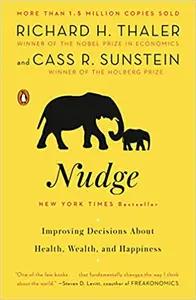Nudge: Improving Decisions About Health, Wealth, and Happiness
By Richard Thaler
Category
PsychologyRecommended by
"Nudge" by Richard Thaler is a captivating exploration of how small interventions or nudges can have a significant impact on people's behavior and decision-making. Drawing on insights from behavioral economics, Thaler and co-author Cass Sunstein emphasize the power of subtle nudges in altering choices without restricting freedom of choice.
The book starts by introducing the concept of choice architecture, which refers to the way choices are presented and organized. Thaler and Sunstein argue that by altering the choice architecture, policymakers and individuals can influence people to make better decisions. They provide numerous examples of successful nudges, such as default options for retirement savings, to illustrate their point.
The authors highlight the importance of understanding human biases and irrationalities when designing effective nudges. They explore concepts like cognitive biases, social norms, and loss aversion to explain why people often make choices that are not in their best interest. Thaler and Sunstein stress the need to recognize and address these cognitive biases to guide individuals towards more optimal outcomes.
Additionally, the book delves into the ethical concerns surrounding nudges. Thaler and Sunstein discuss the principle of libertarian paternalism, which suggests that policymakers can nudge individuals towards making better decisions while still respecting their freedom to choose. They argue that carefully designed nudges can help people overcome their inherent biases and make choices that align with their long-term goals and well-being.
"Nudge" offers practical advice on how to apply the principles of nudging in various areas, including healthcare, finance, and education. Through real-world examples and case studies, the authors demonstrate how nudges have successfully improved outcomes in these domains. They also provide guidelines for policymakers, businesses, and individuals on how to implement effective nudges ethically and transparently.
In this thought-provoking book, Thaler and Sunstein present a compelling argument for the power of small nudges in shaping behavior and decision-making. "Nudge" offers valuable insights for anyone interested in understanding how subtle interventions can help individuals and society make better choices, ultimately leading to improved outcomes and well-being.
The book starts by introducing the concept of choice architecture, which refers to the way choices are presented and organized. Thaler and Sunstein argue that by altering the choice architecture, policymakers and individuals can influence people to make better decisions. They provide numerous examples of successful nudges, such as default options for retirement savings, to illustrate their point.
The authors highlight the importance of understanding human biases and irrationalities when designing effective nudges. They explore concepts like cognitive biases, social norms, and loss aversion to explain why people often make choices that are not in their best interest. Thaler and Sunstein stress the need to recognize and address these cognitive biases to guide individuals towards more optimal outcomes.
Additionally, the book delves into the ethical concerns surrounding nudges. Thaler and Sunstein discuss the principle of libertarian paternalism, which suggests that policymakers can nudge individuals towards making better decisions while still respecting their freedom to choose. They argue that carefully designed nudges can help people overcome their inherent biases and make choices that align with their long-term goals and well-being.
"Nudge" offers practical advice on how to apply the principles of nudging in various areas, including healthcare, finance, and education. Through real-world examples and case studies, the authors demonstrate how nudges have successfully improved outcomes in these domains. They also provide guidelines for policymakers, businesses, and individuals on how to implement effective nudges ethically and transparently.
In this thought-provoking book, Thaler and Sunstein present a compelling argument for the power of small nudges in shaping behavior and decision-making. "Nudge" offers valuable insights for anyone interested in understanding how subtle interventions can help individuals and society make better choices, ultimately leading to improved outcomes and well-being.
Share This Book 📚
More Books in Psychology
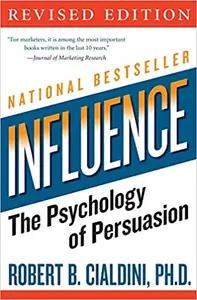
Influence
Robert Cialdini
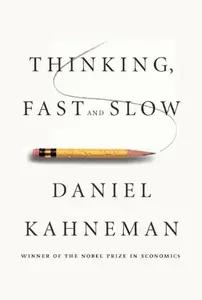
Thinking, Fast and Slow
Daniel Kahneman
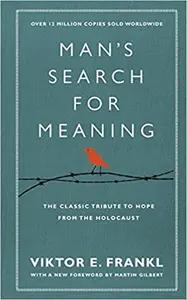
Man's Search for Meaning
Viktor Frankl
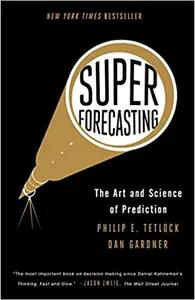
Superforecasting
Philip Tetlock
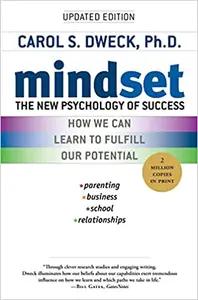
Mindset
Carol Dweck
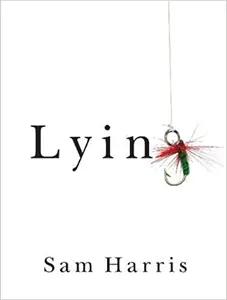
Lying
Sam Harris
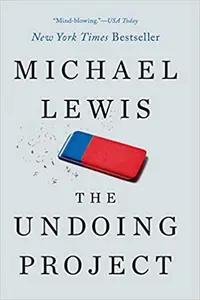
The Undoing Project
Michael Lewis

12 Rules For Life
Jordan B. Peterson
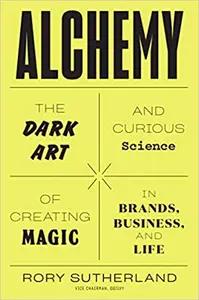
Alchemy
Rory Sutherland
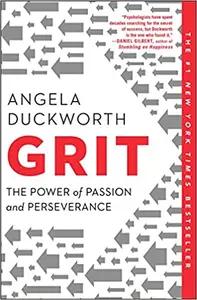
Grit
Angela Duckworth
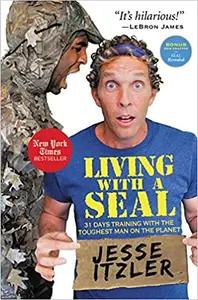
Living With A SEAL
Jesse Itzler
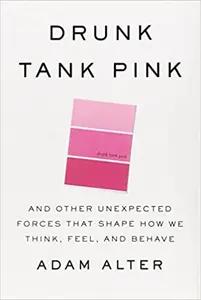
Drunk Tank Pink
Adam Alter
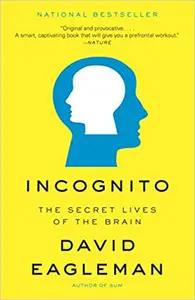
Incognito
David Eagleman
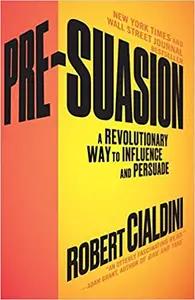
Pre-Suasion
Robert Cialdini
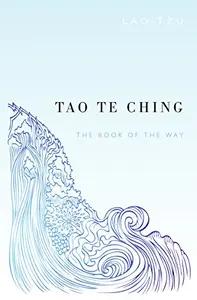
Tao Te Ching
Lao Tzu
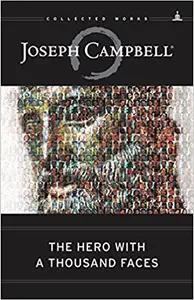
The Hero with a Thousand Faces
Joseph Campbell
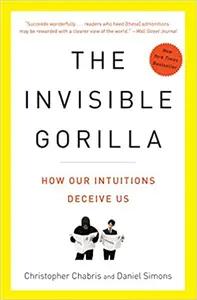
The Invisible Gorilla
Christopher Chabris
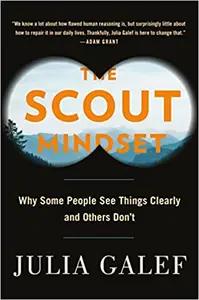
The Scout Mindset
Julia Galef
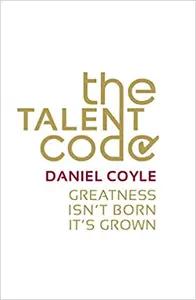
The Talent Code
Daniel Coyle
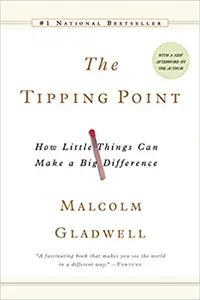
The Tipping Point
Malcolm Gladwell
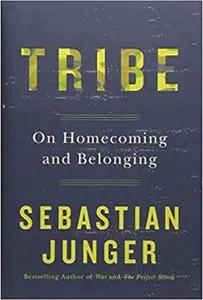
Tribe
Sebastian Junger
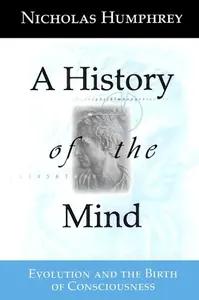
A History of the Mind
Nicholas Humphrey
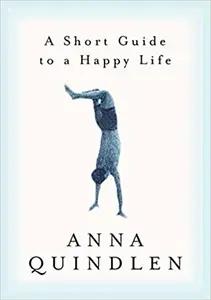
A Short Guide to a Happy Life
Anna Quindlen
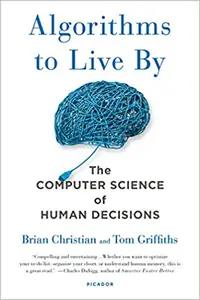
Algorithms to Live By
Brian Christian
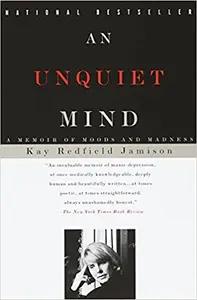
An Unquiet Mind
Kay Jamison
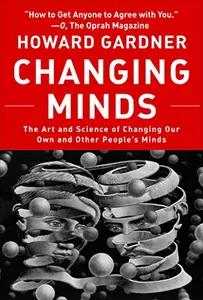
Changing Minds
Howard Gardner
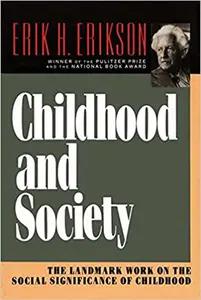
Childhood and Society
Erik Erikson
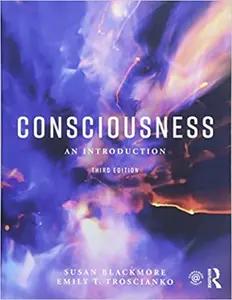
Consciousness
Susan Blackmore
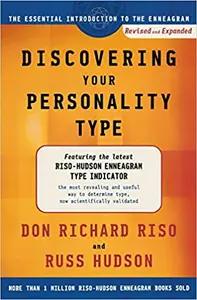
Discovering Your Personality Type
Don Richard Riso
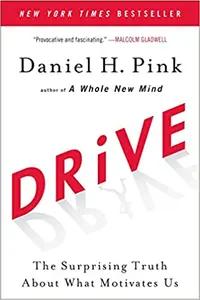
Drive
Daniel Pink
Popular Books Recommended by Great Minds 📚
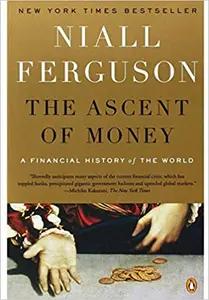
The Ascent of Money
Niall Ferguson

The Intelligent Investor
Benjamin Graham
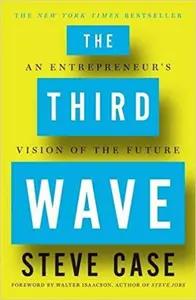
The Third Wave
Steve Case

Siddhartha
Hermann Hesse
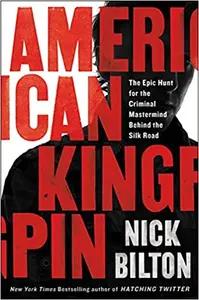
American Kingpin
Nick Bilton
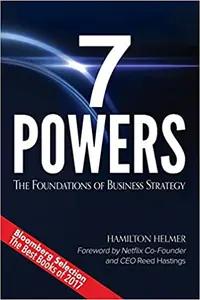
7 Powers
Hamilton Helmer
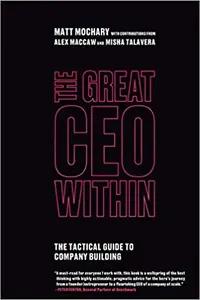
The Great CEO Within
Matt Mochary
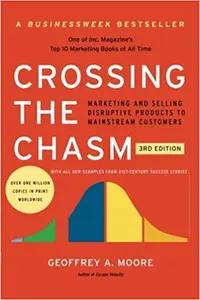
Crossing the Chasm
Geoffrey Moore
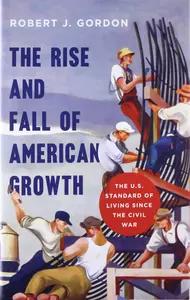
The Rise And Fall Of American Growth
Robert J. Gordon
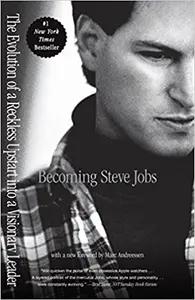
Becoming Steve Jobs
Brent Schlender
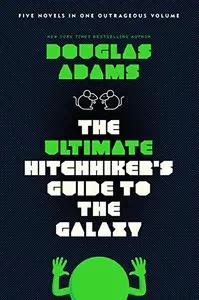
The Hitchhikers Guide to the Galaxy
Douglas Adams

The Autobiography of Benjamin Franklin
Benjamin Franklin
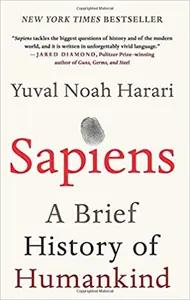
Sapiens
Yuval Noah Harari
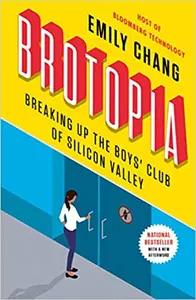
Brotopia
Emily Chang
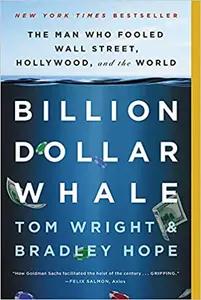
Billion Dollar Whale
Tom Wright
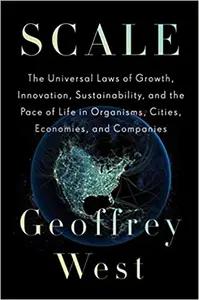
Scale
Geoffrey West
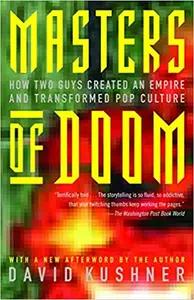
Masters of Doom
David Kushner
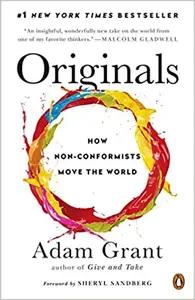
Originals
Adam Grant

Foundation
Isaac Asimov
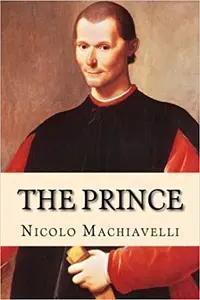
The Prince
Nicolo Machiavelli
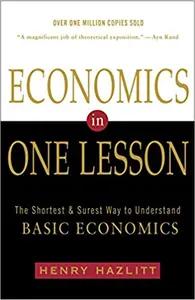
Economics in One Lesson
Henry Hazlitt

Shoe Dog
Phil Knight
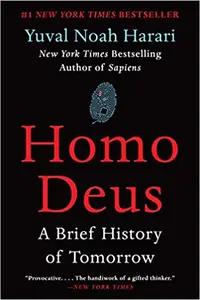
Homo Deus
Yuval Noah Harari

Mindset
Carol Dweck
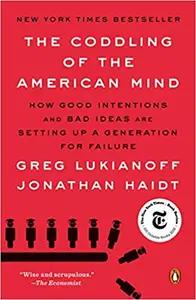
The Coddling of the American Mind
Greg Lukianoff & Jonathan Haidt
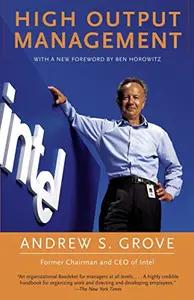
High Output Management
Andrew Grove
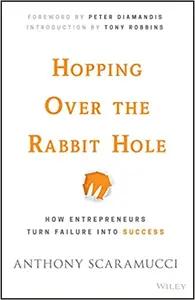
Hopping Over The Rabbit Hole
Anthony Scaramucci
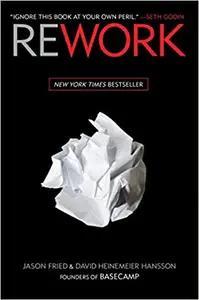
Rework
Jason Fried
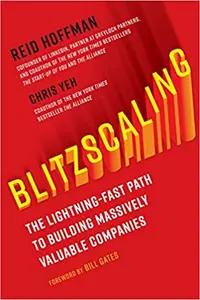
Blitzscaling
Reid Hoffman
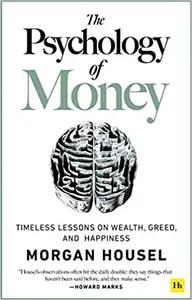
The Psychology of Money
Morgan Housel
